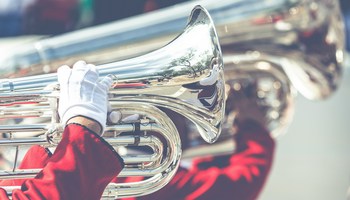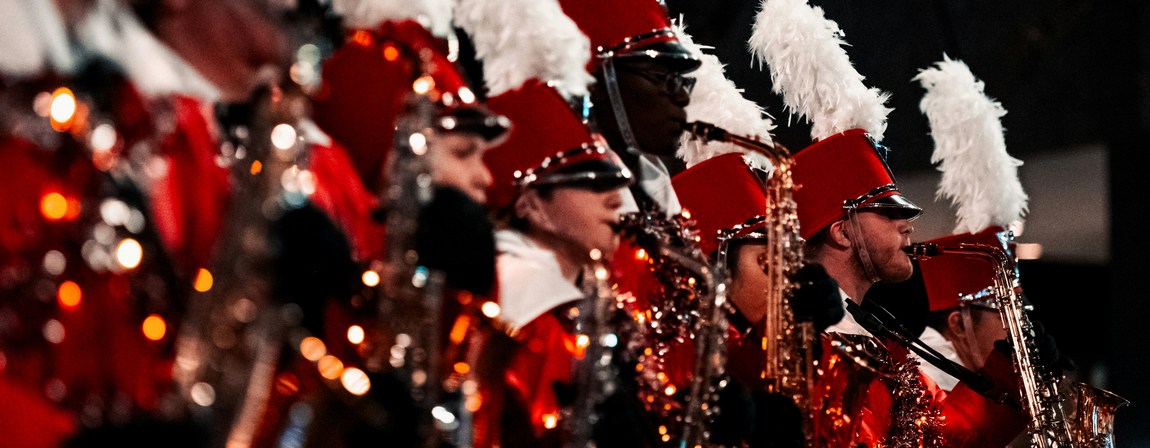Latest News
- Blog: Why inclusion is in all our interests (Big Example Training Band)
-
Date Posted: Mon, 27 Jun 2022

Barbara Eifler, Making Music Chief Executive, explains why removing barriers can be in the interest of your music group.
For more information, see: www.makingmusic.org.uk/news/blog-why-inclusion-all-our-interests
- Blog: Promoting the promoters (Big Example Training Band)
-
Date Posted: Thu, 23 Jun 2022

Following on from a Making Music promoters event, Barbara Eifler, Making Music Chief Executive, recaps the importance of promoters and artists managers working together and understanding each other.
For more information, see: www.makingmusic.org.uk/news/blog-promoting-promoters
- ROH case is a reminder to check on hearing protection (Big Example Training Band)
-
Date Posted: Tue, 14 May 2019

You may have seen in the news recently that The Royal Opera House (ROH) has lost its appeal in the case of a viola player who suffered hearing damage during a rehearsal of Richard Wagner’s Die Walküre.
In the original case in 2012 Christopher Goldscheider sued for damages caused by acoustic shock – a condition with symptoms including tinnitus, hyperacusis (sensitivity to noise) and dizziness – after being exposed to noise levels exceeding 130 decibels while sitting directly behind the brass section during rehearsal. Acoustic shock is caused by sudden excessive noise, and not general deterioration of hearing.
Mr Goldscheider won that case and recently, following an appeal from ROH, the Court of Appeal ruled unanimously that the ROH failed to take reasonable steps to protect Mr Goldscheider during the 2012 rehearsal and failed to act on dangerous noise levels until after the injury.
Since the ruling there have been various articles and discussions about what this might mean and the future of live music – both for performers and audience. But what does this mean for leisure-time music groups?
In our view it's very unlikely a similar case could be successfully brought against a leisure-time group so we don’t think there is any need for groups to worry or make wholesale changes.
However, the case does serve as an important prompt for groups to spend a little bit of timing thinking about hearing protection, even if the risk to leisure-time musicians is likely to be lower compared to professionals.
What can you do?
You should consider two factors; sound levels and exposure time. The initial task is to establish if there is a risk. Proportionate and appropriate should be your watch words. If there is risk, it’s about taking some simple, reasonable steps to mitigate it by:
- monitoring and recording noise levels at rehearsals and concerts to make sure they are safe (there are free apps for smartphones). Read our article on p.10 of the Autumn 2018 Highnotes about hearing protection to find out more about safe noise levels
- asking members to let you know if they have hearing problems and making it clear that it is something you take seriously
- thinking about the positioning of sections and individuals
- thinking about how you rehearse – can you do more sectional rehearsals? How are breaks timed?
- considering attenuated earplugs or other products. Discounts are available to anyone in your group on earplugs from ACS, hearing specialist in hearing protection for musicians
- letting audience know about expected decibel levels.


